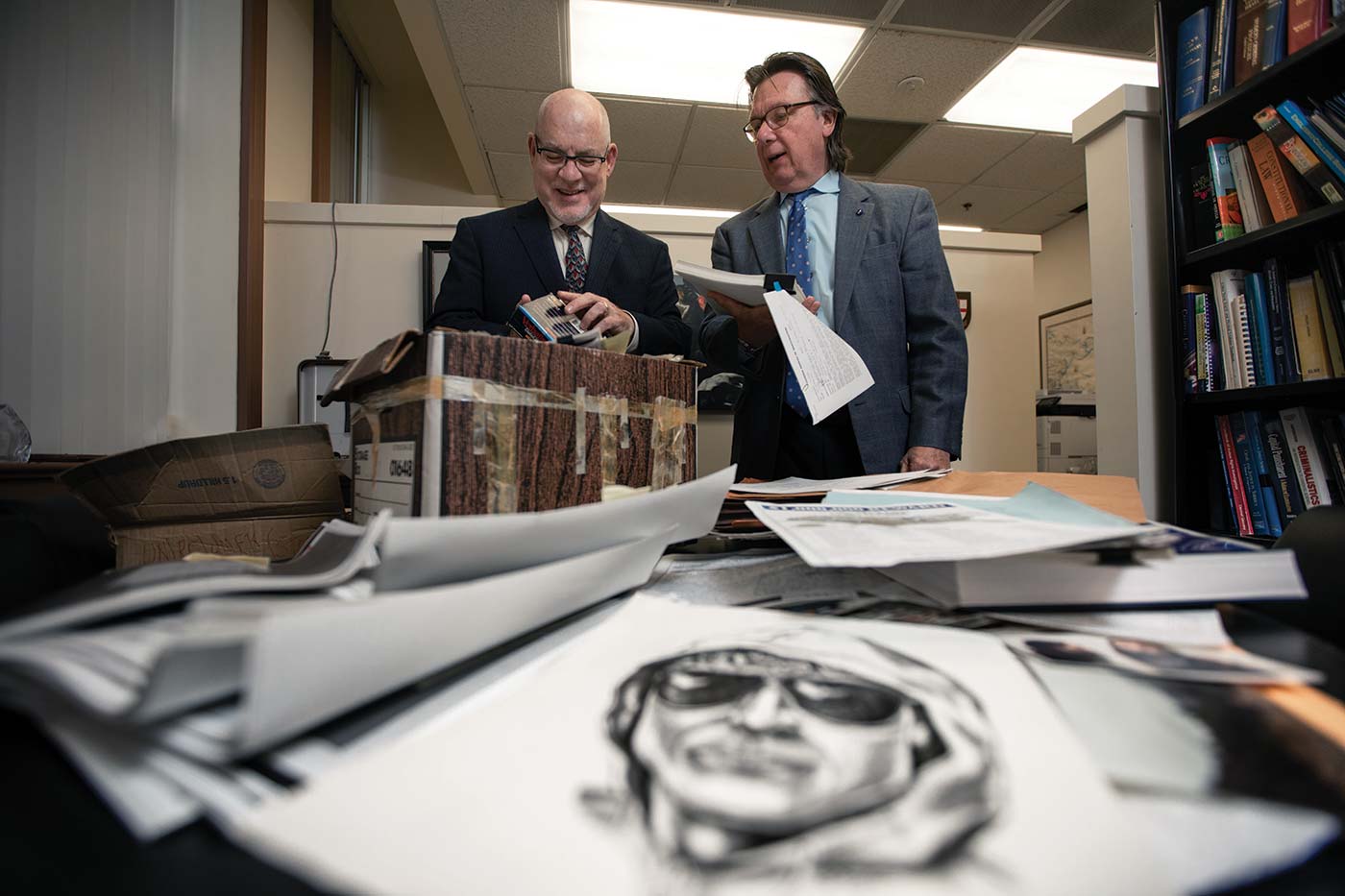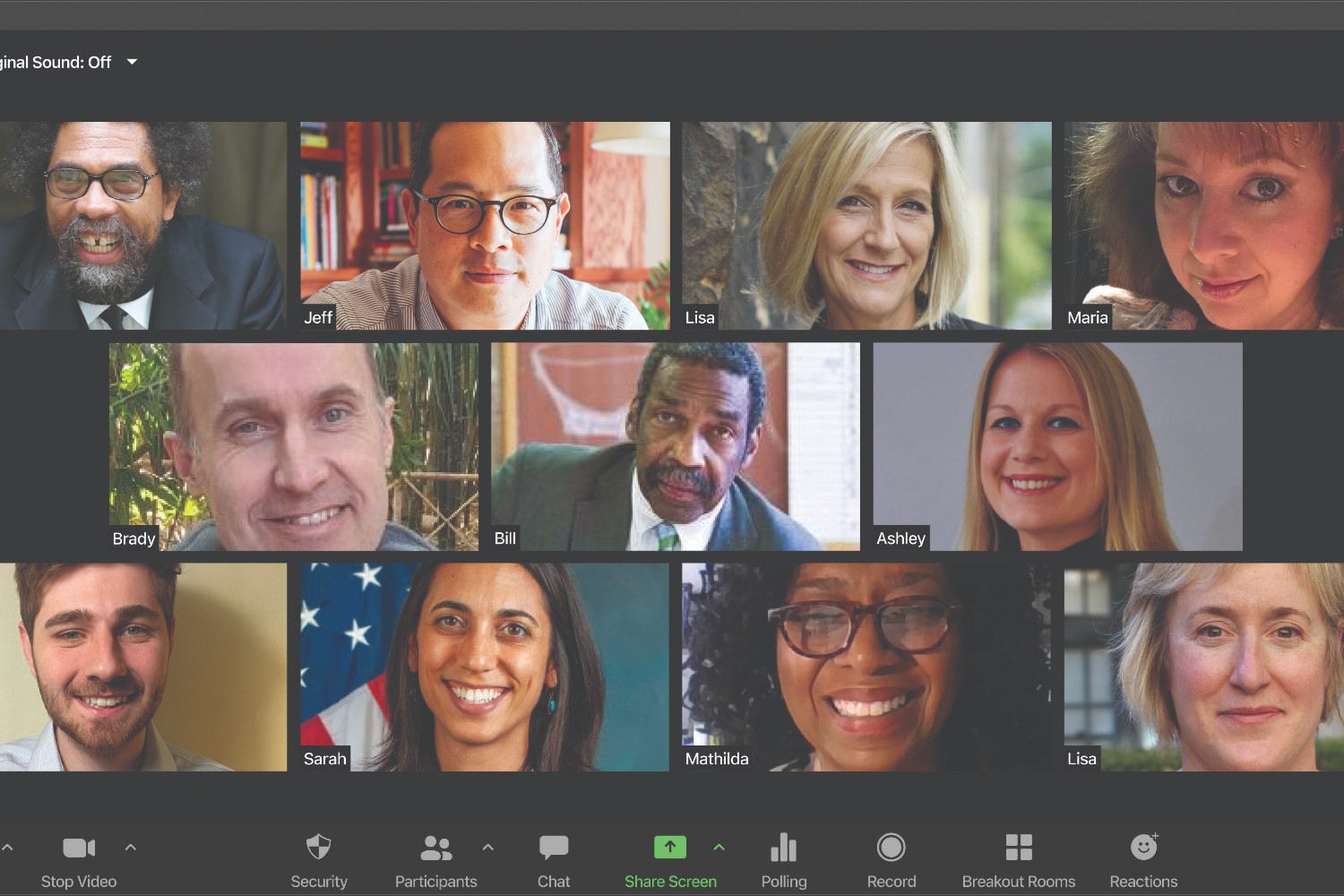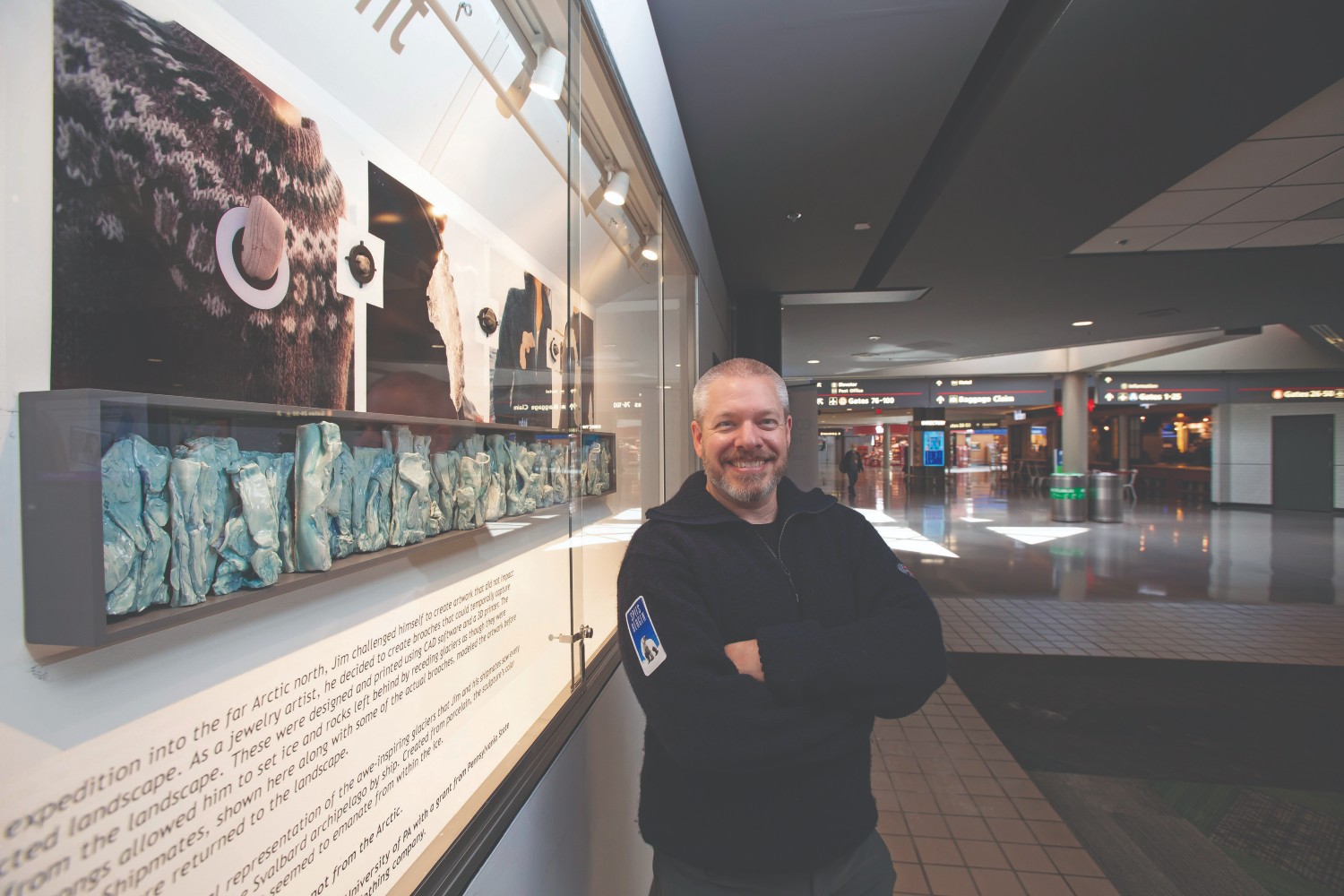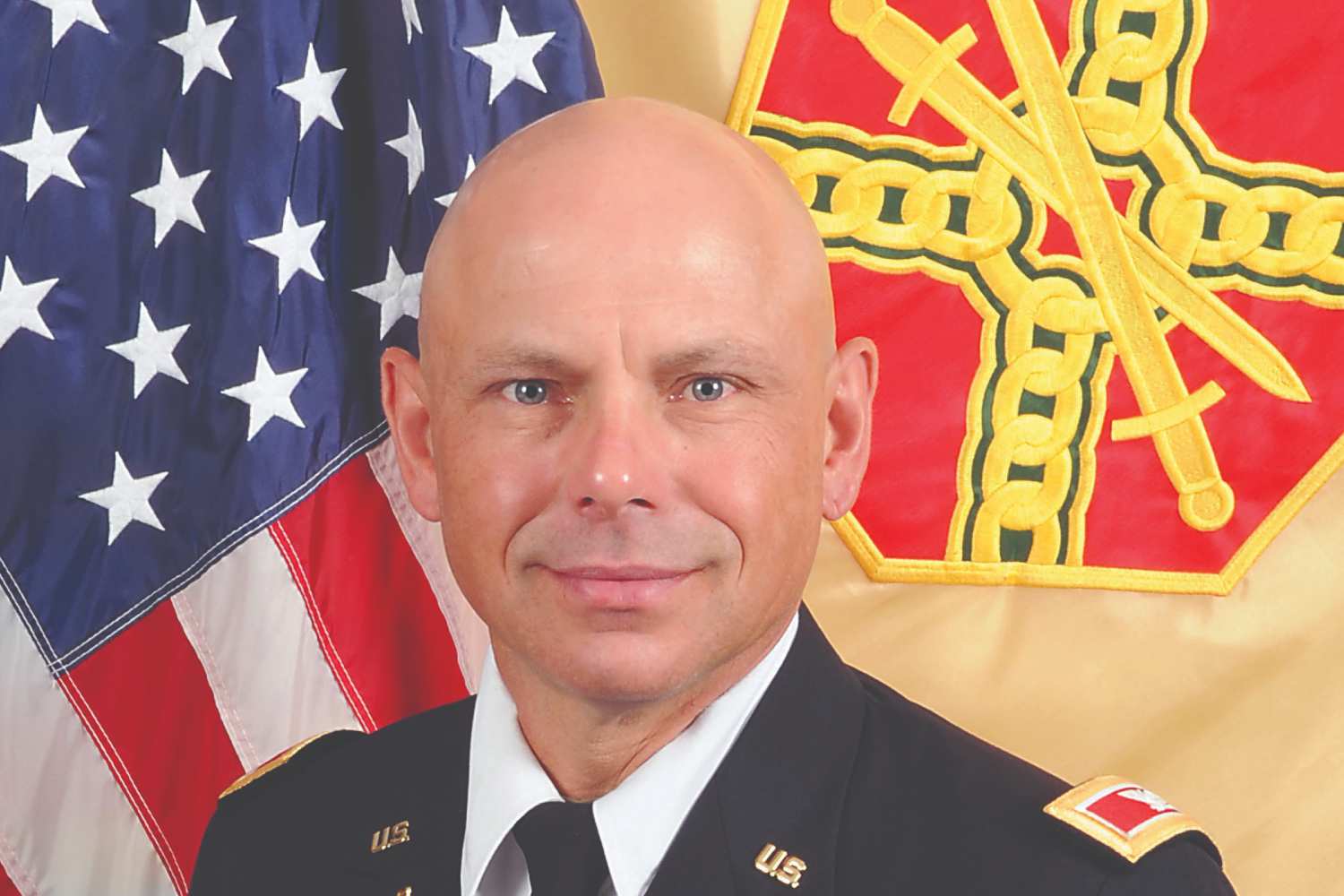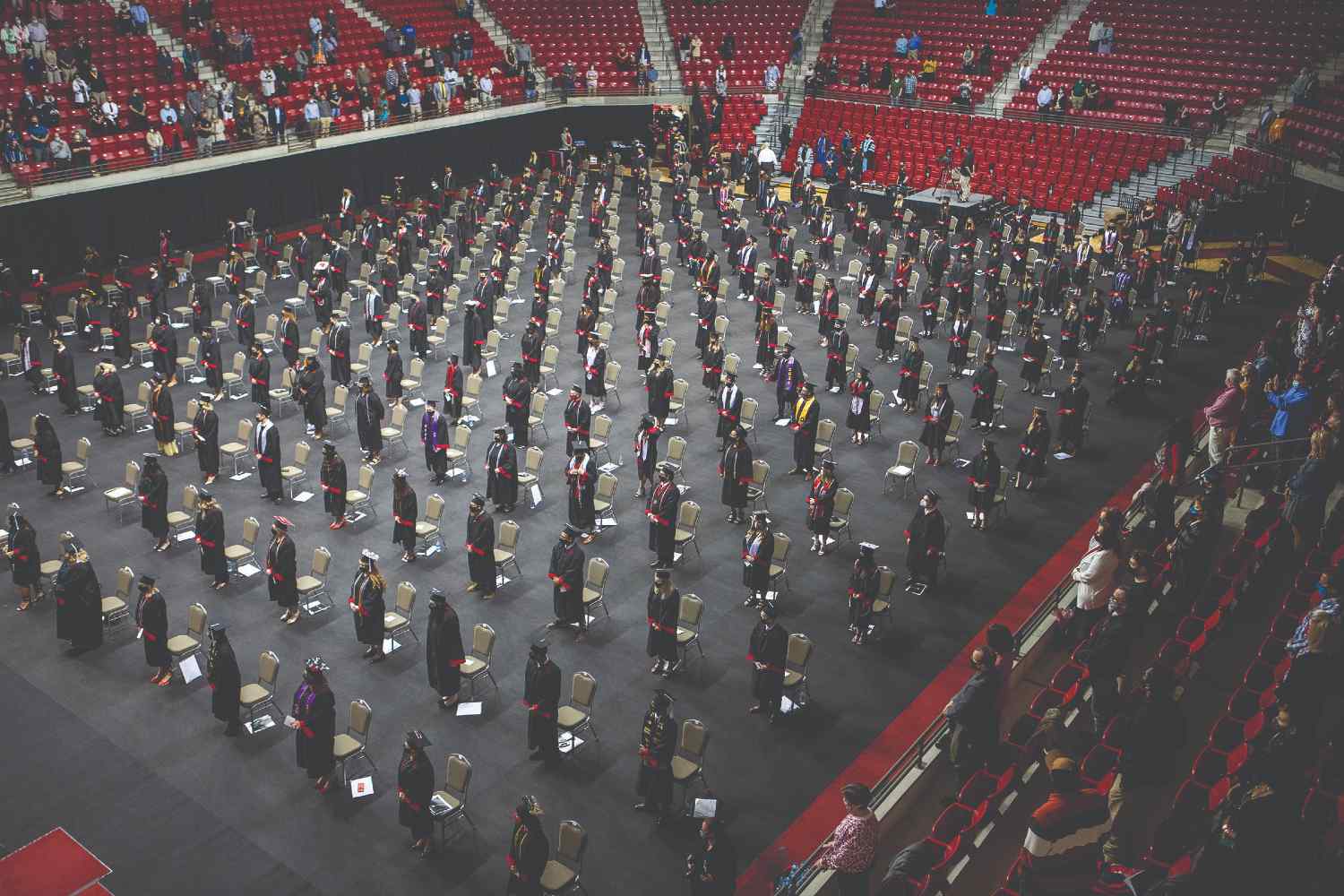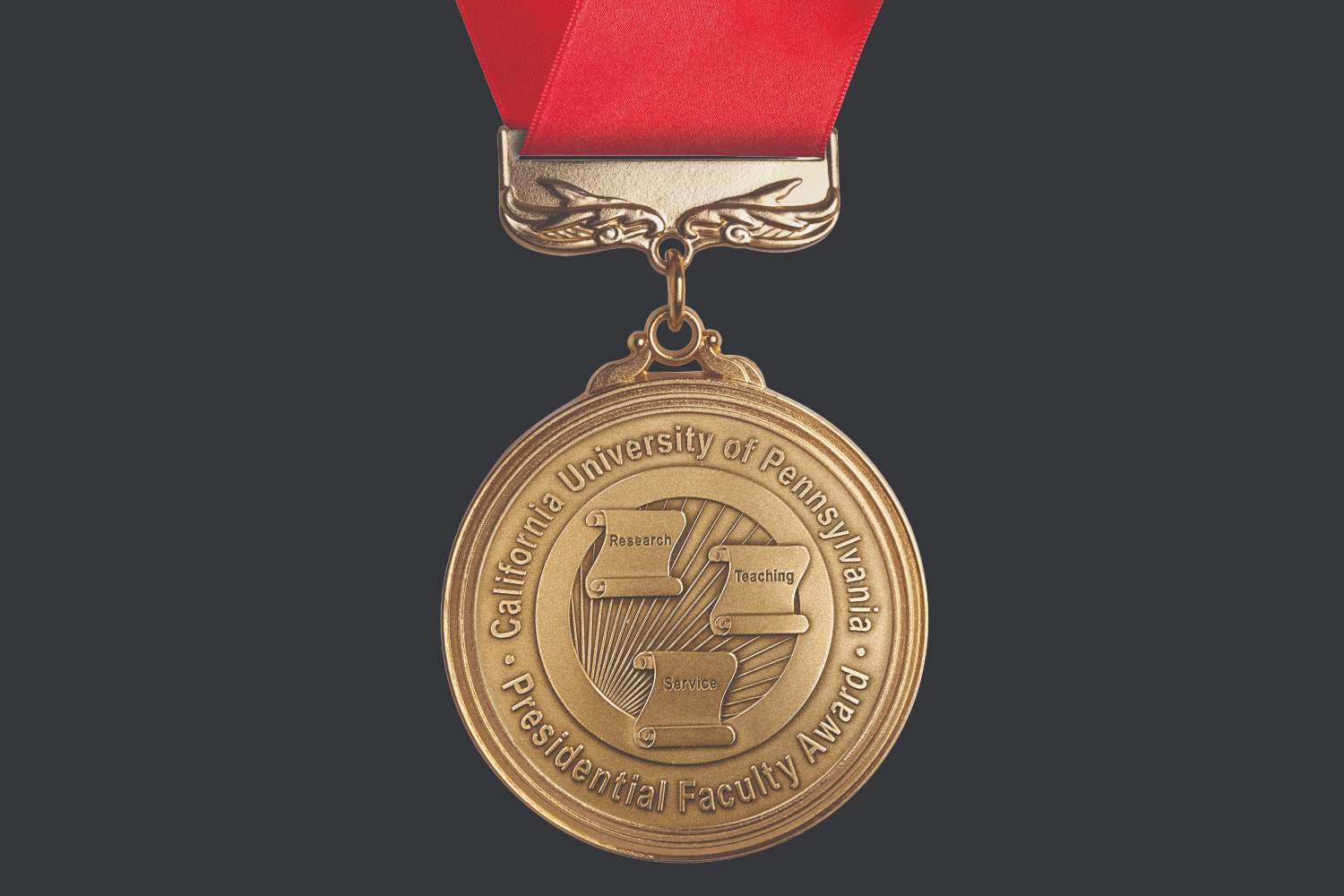Twenty-five years ago the FBI arrested Ted Kaczynski, the notorious “Unabomber,” for a 17-year string of bombings that killed three and injured 24.
Now the FBI profiler whose analysis of Kaczynski’s writings led to that high-profile arrest has donated his professional papers about the case to the Pennsylvania Center for Investigative and Forensic Sciences at Cal U.
James R. Fitzgerald, a retired FBI Supervisory Special Agent and a pioneer in the field of forensic linguistics, delivered about 6,000 pages to the center this spring.
The trove includes copies of official FBI and Department of Justice files relating to the UNABOM investigation and prosecution, letters Kaczynski wrote to his mother and brother, his 35,000-word handwritten “manifesto,” and an autobiography, journal and notes recovered from Kaczynski’s remote cabin in Lincoln, Mont.
In “six overstuffed boxes,” Fitzgerald says, are copies of “every single thing that Ted Kaczynski wrote up to the time of his arrest.”
Also included are Fitzgerald’s “text analysis” reports from the investigation and media accounts of the UNABOM investigation and Kaczynski’s arrest and prosecution.
The donation has its roots in a longstanding connection between Fitzgerald and Cal U criminal justice professor Dr. John Cencich, a retired law enforcement official and war crimes investigator who directs the Center for Investigative and Forensic Sciences.
Initially, Cencich enlisted Fitzgerald to create a training module in forensic linguistics for the center, so justice professionals could learn more about using oral and written communication when analyzing crimes.
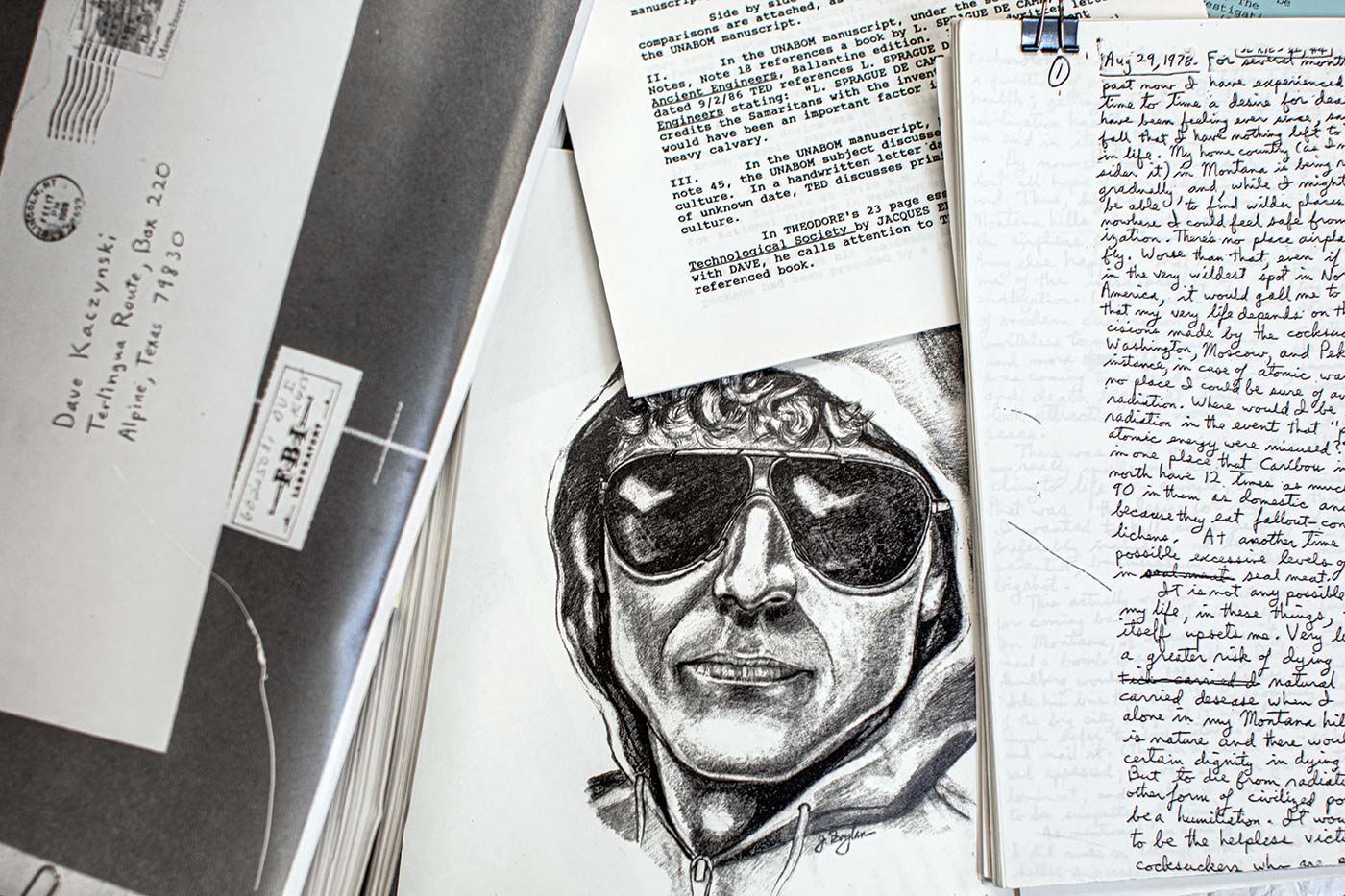
Several years later, Cencich asked Fitzgerald and his partner, Georgetown University professor Dr. Natalie Schilling, to help design a forensic linguistics concentration within Cal U’s M.A. in Criminal Justice program.
Fitzgerald teaches several courses in the graduate program, including Seminar in Forensic Linguistics and Author Profiling and Threat Assessment.
“I like the faculty I’ve met at Cal U,” Fitzgerald says. “I’ve had some very bright and enthusiastic students. So why not put these (UNABOM) papers where they can be studied, assessed and digitized, so they can be of value to Cal U students and others?”
Fitzgerald expects historians, authors, criminal justice researchers, forensic linguists, true-crime enthusiasts and scholars to view the files.
“We are honored to receive these documents, and we intend to make them available for study,” Cencich says.
“The Unabomber case captured the attention of the nation – and it was one of the first high-profile cases to bring forensic linguistics into the mainstream.
“We expect these documents will be of tremendous interest to researchers, historians and students of criminal justice for years to come.”

